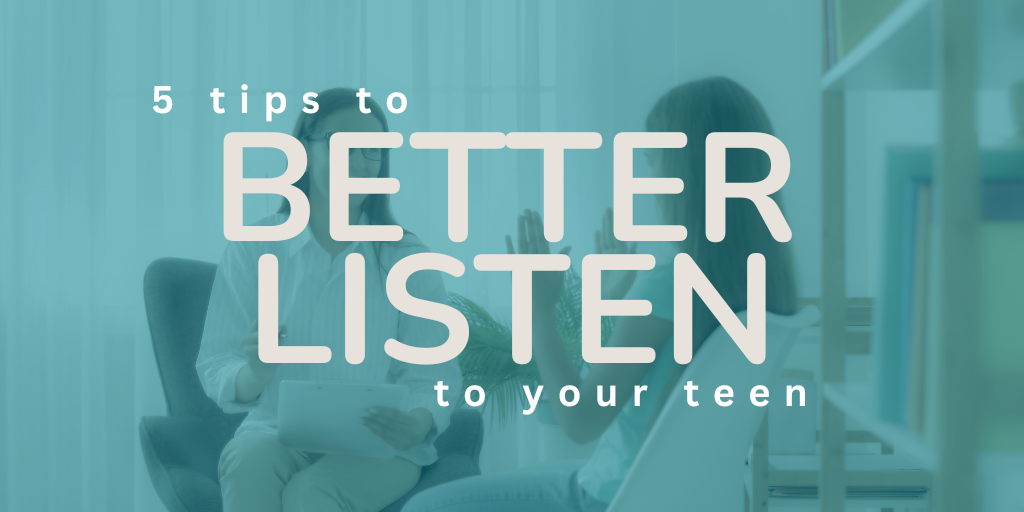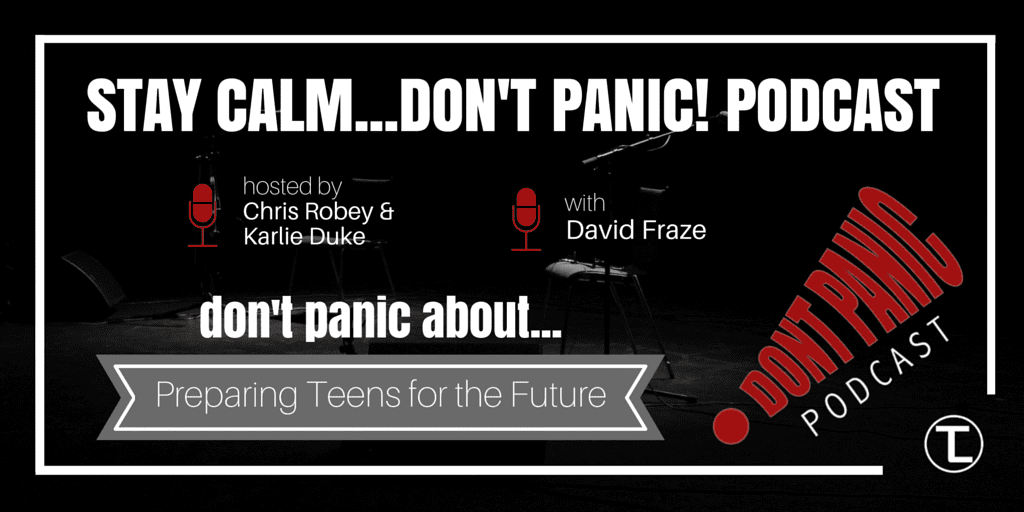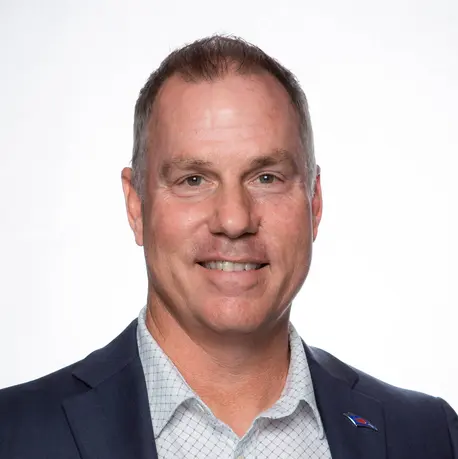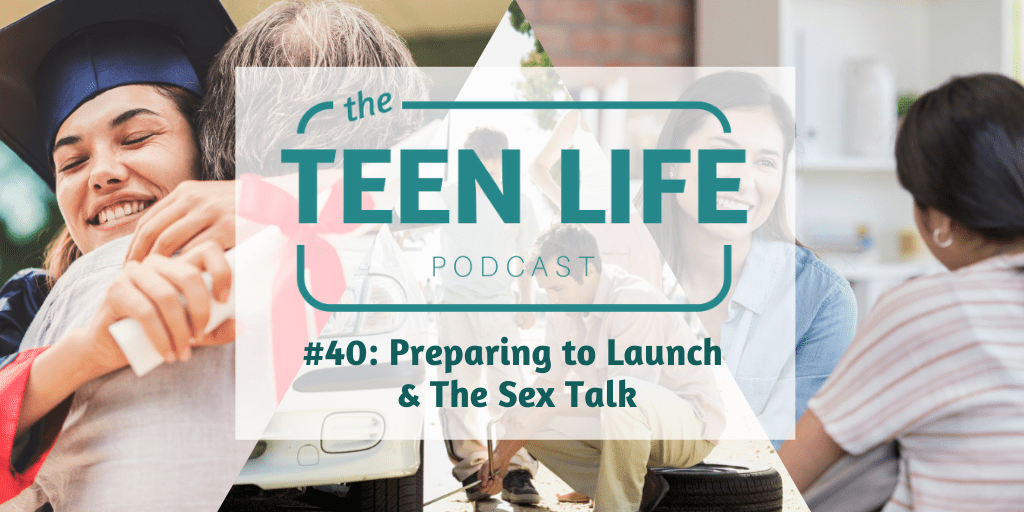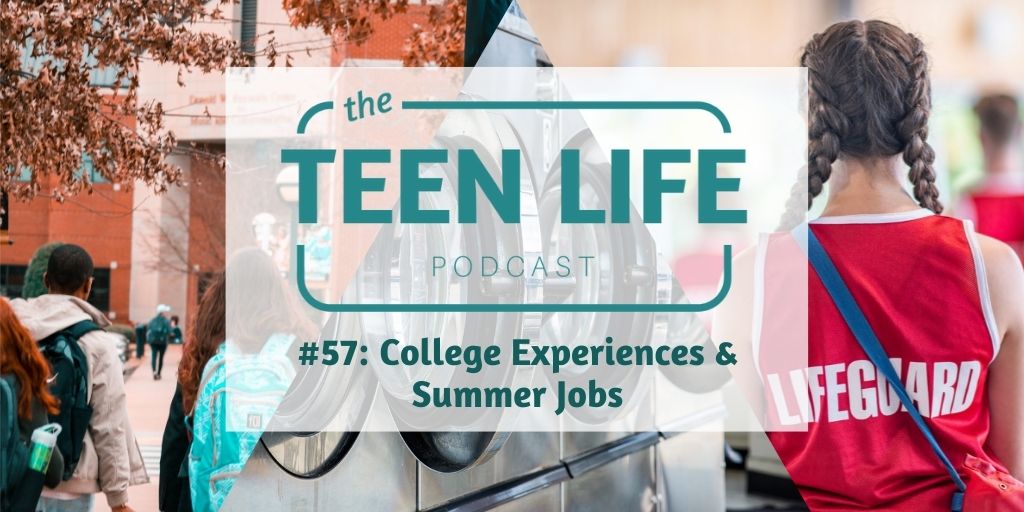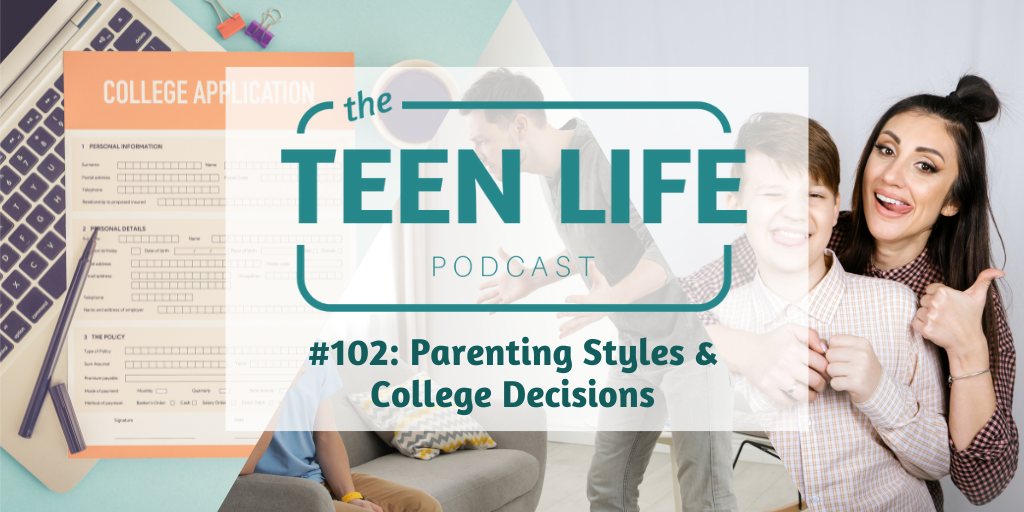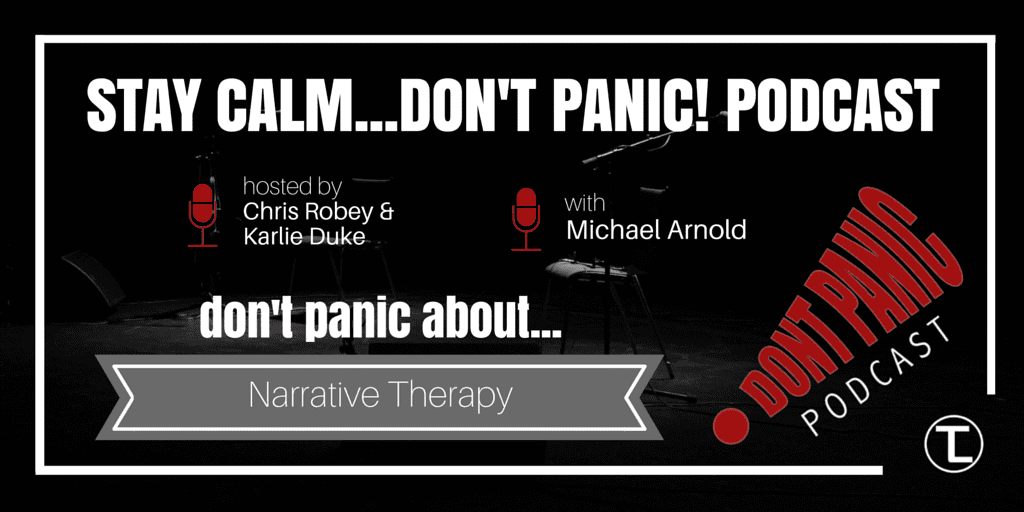
Don’t Panic about a Bad Story with Dr. Michael Arnold
Podcast: Play in new window | Download
Story-telling is a powerful tool, especially when working with teenagers. In this episode, Dr. Michael Arnold joins Chris to discuss Narrative Therapy and how you can use stories to start conversations and deepen relationships with teenagers. Don’t panic about Narrative Therapy, even you can utilize the power of story and metaphors!
In this episode, you’ll find out…
- What Narrative Therapy is and how it can be used in counseling and everyday life.
- The 3 stages of Narrative Therapy.
- How we can help students reconstruct their story.
- Why story is so important in our culture.
- How you can use Narrative Therapy to build deeper relationships with teenagers.
The coolest and the scariest thing about the future is the question mark of it.
Ask yourself…
- Am I taking time to be still and just listen?
- What do I want to change about my own story?
Go ask a teen…
- What do you want this to mean in the future for you?
- Is there anything that you want to be different in your story?
Resources:
Have a question?

Karlie Duke
Communications Director

Chris Robey
Former CEO

Michael Arnold
Special Guest
Michael Arnold | Special Guest
Michael Arnold, Psy.D., M.A.C.L. is a licensed clinical psychologist in the Dallas/Fort Worth area with over 17 years of education, training, and professional experience in providing psychological services for individuals, couples, and groups. Dr. Arnold is the founder of Alliance Counseling and Psychological Services in Southlake, Texas. He believes that therapy should consist of creating a safe and supportive environment to promote one’s ability to thrive in response to life’s challenges.
Karlie Duke | Director of Communications
Karlie has always had a heart for teenagers. Through her role at Teen Life, she loves to showcase the amazing stories coming out of Support Groups, but she is especially passionate about helping adults and teenagers find connection. Karlie has a BS in Communications with a minor in Family Studies from Abilene Christian University.
Chris Robey | Former CEO
Chris has spent most of his career empowering teenagers from all backgrounds. As the former leader of Teen Life, he is passionate about helping students make good choices while also giving adults the tools they need to communicate more effectively with teens. Chris is a graduate of Midwestern State University and holds a Master’s Degree in Family Life Education from Lubbock Christian University.









